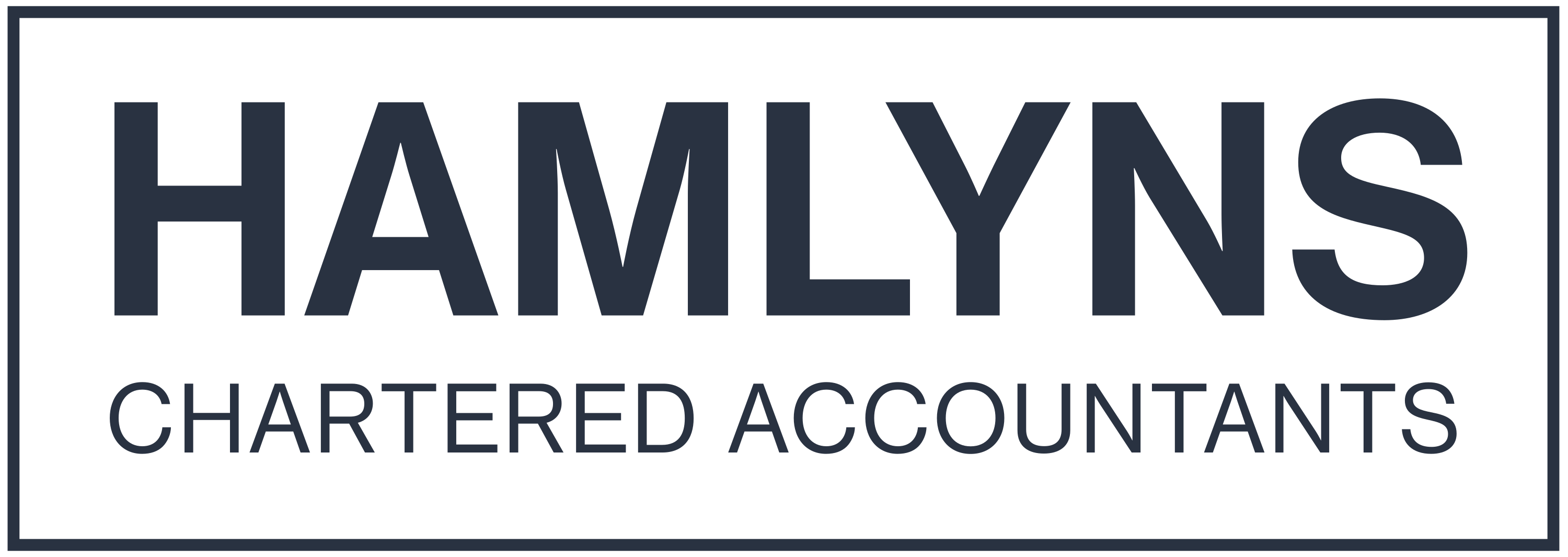What You Need to Know About the Change of Basis for Partnerships, LLPs and Sole Traders

What You Need to Know About the Change of Basis for Partnerships, LLPs and Sole Traders
On 6 April 2023, HMRC implemented reforms to change the basis period via UK government legislation from the Finance Bill 2022. This has ramifications for unincorporated partnerships, LLPs, and sole traders. In this blog, we will take a look at the change of basis reforms to examine exactly what they mean for your business.
A Little Background
It has been recognised for a long time that the basis period method of taxation required reform. Sole traders, LLPs, and, partnerships have been facing issues around basis period rules and overlap profits – a major challenge has been that, under the historic rules, some profits could be taxed more than once, depending on the scenario.
The new basis period rules look to change this and put a system in place that allows businesses to overcome this problem.
The Previous System
The previous rules meant that sole traders and partners in ongoing businesses paid tax that was based on the financial performance of the company for the 12-month accounting period which ends in the tax year.
However, different rules applied in the first tax year that they begin trading. Here an individual would be taxed on their profits from the date of them starting trading up until the end of that tax year. So, in an example where a new partner joins the partnership on 1 February 2022 – they would then pay tax on the year from 1 February 2022 to the tax year end 5 April 2022.
However, for the next tax year, they would be taxed for the period 1 January 2022 to 31 December 2022. So, there was a portion the tax year that was actually taxed twice – this is known as ‘overlap profit’.
The New Rules
Put simply, the new basis period rules state that from 2024/25 sole traders, partnerships, and LLPs will be taxed on the profits they generated between the start and end of the tax year. So, from 6 April to 5 April. And this applies regardless of the year-end that the company prepares its accounts for.
HMRC will allow companies with a year-end that is between 31 March and 5 April to be treated as is their year-end falls at the end of the tax year. This will mean that those businesses that treat 31 December as their year-end, will need to apportion two accounting periods to fit the new system.
When accounts are not finalised before the tax return filing deadline, estimated profits will need to be included.
The Transition Year
2023/24 is considered to be the transition year from the old basis period rules to the new system. This means that individuals will be taxed on a longer period of accounts that ends on 5 April 2024. And, crucially, this period will deal with all untaxed accounting profits generated up to the final date. Additionally, relief will be given to any overlap profit generated under the previous rules.
To clarify, it is unincorporated businesses with an accounting year that ends 31 March or 5 April that will continue to be taxed on profits arising on the current year basis. So, those with a different year-end will be taxed on profits to their year-end plus any additional months to 5 April 2024 (this is where deductions are available for any unrelieved overlap profits).
Who Does it Affect?
The new rules laid out here are relevant to sole traders, LLPs, and unincorporated partnerships, although its impact will depend on when the business has its year end. HMRC believes that many businesses will change their accounting date to 31 March in order to avoid any issues. However, some will not wish to, or will not be able to. For example, some businesses such as private equity and venture capital firms tie their year end to the year end of their fund.
For those companies that do not choose to end their year on 31 March, they will be need to apportion the profit from accounting periods to the tax year. On the other hand, the businesses that make the decision to change their year-end to 31 March will likely have to report internally to a different year-end in order to manage group reporting requirements.
What Steps Do You Need to Take?
It is important for your business to take the time to understand what these reforms mean for you specifically. It might be the case that you need to consider changing your year-end to 31 March, or you may need to factor in the changes into your current plan. This is especially important as 2023/24 is the transitional year, as it gives the best chance to make the decision that makes the most sense for your company.
Would You Like to Know More?
At Hamlyns, we have years of experience in providing efficient tax planning and business advice to companies of all sizes. If you would like to discuss any of the above, please contact Patrick Collins using the details on this page.

Patrick Collins
Tax Director





